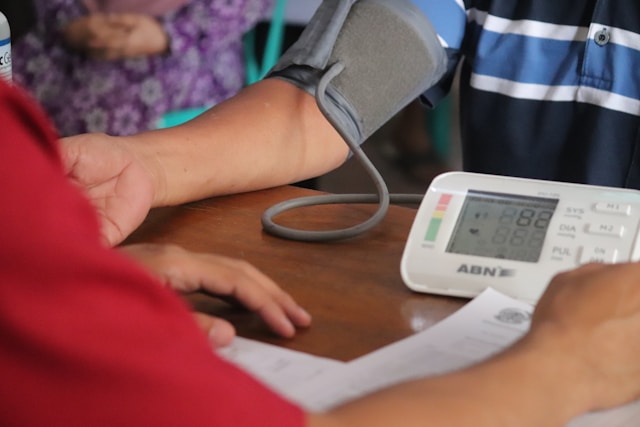Back
12 Oct 2023
Strength in unity

Gabriella Florence | Sports Scientist
Many hands make light work.
There is no “I” in “team”.
Sticks in a bundle are unbreakable.
Chains are only as strong as their weakest link.
If you want to go fast, go alone; if you want to go far, go together.
I think you get the picture. There is no end to the corny teamwork clichés, but their truth is undeniable; individuals are much more powerful and likely to succeed when they work as a unit toward a common goal or purpose.
Working with others will not always lead to a strong or successful outcome, however. The strength in unity relies on practicality and constructiveness. Consider building a 2000-piece puzzle: many hands scrambling and trying to connect pieces can create a chaotic scene less conducive to actually getting the task done. But you can arrange the pieces by colour or shape a lot faster with many hands involved than if only one pair of hands is involved.
There are many other examples illustrating strength in unity. For example, how many times have you felt confident that your written work is flawless, only to have it proofread by someone else that leaves you blushing at how many errors slipped right past your eyes? Asking for feedback from others can help with this and shows how strength in unity can better your own work.
Group tasks can sometimes be a cause of stress, frustration, and animosity, but this is only the case for teams that don’t work together constructively. Group work is an opportunity to draw upon and utilise the collective ideas, skills, and knowledge from everyone involved. Think about quiz games: more people in your team means more knowledgeable brains that may know the answers - and this will strengthen your team’s chance of winning.
Keep your team together and working effectively with these tips:
Create a shared vision
Rally your team members around a common goal, mission, or vision. Set milestones along the way, so team members can easily measure progress.
Set clear roles
For everyone to work together, they need to know their specific role. Ultimately, this will prevent hard feelings and possible confusion for everyone involved.
Connect socially with your teammates
When everyone has a close relationship with each other, it is easier for them to get the job done.
Be transparent
In a team, information is made to be shared. Without the right information and a clear, shared goal, the team cannot make any headway.
Shout for help
Don’t suffer in silence. Your teammates are there to help whether it be for expertise or moral support.
Deal with problems as they arise
Minor problems tend to become major problems. When you see a problem developing on your team, take action and fix it before this has the chance to happen.
Make the rules clear
Set some ground rules before working together for the first time or if you add someone new to the team. This will help everyone know how to act as a group and what to do if there is a problem later on.
Celebrate the wins together
Even the small ones!
Working together constructively is the secret to utilising the strength in unity and reaching success. Just because you work in the same room as a bunch of other people doesn’t always mean that you are a team.












